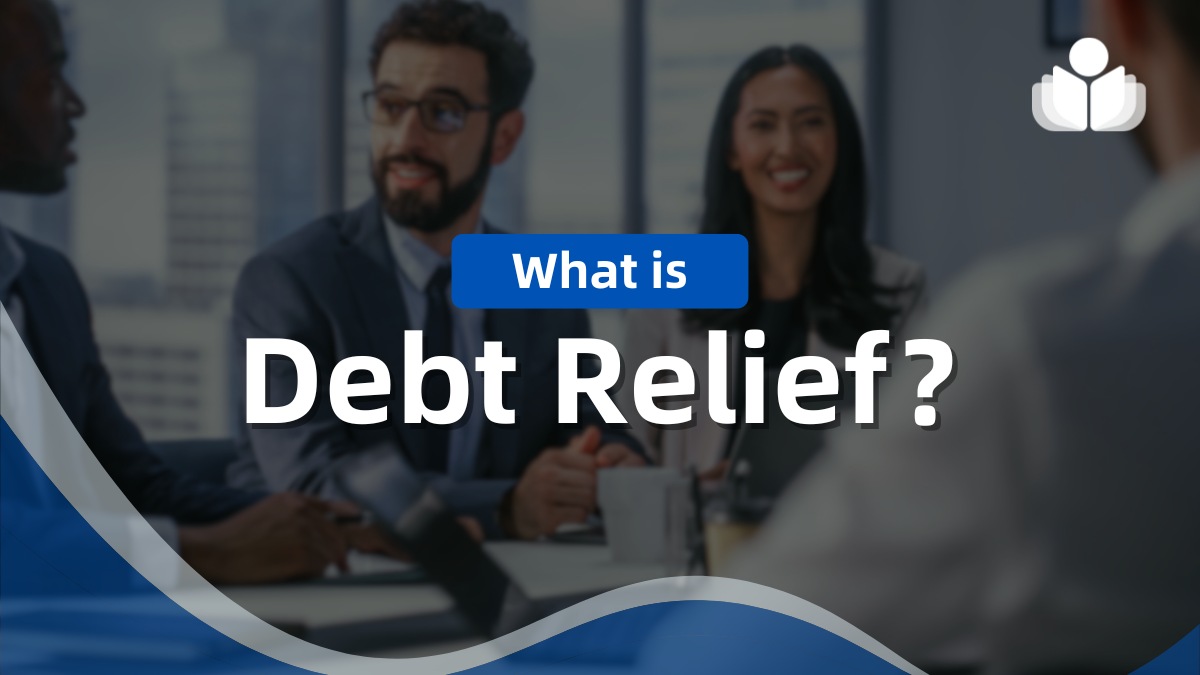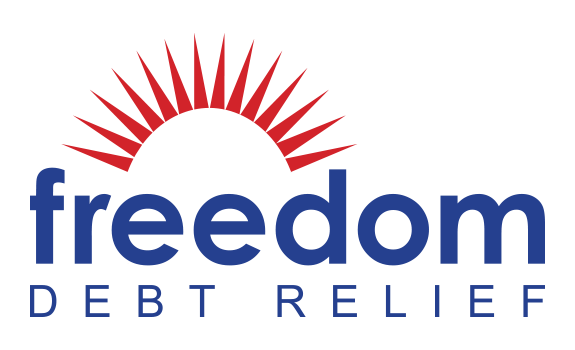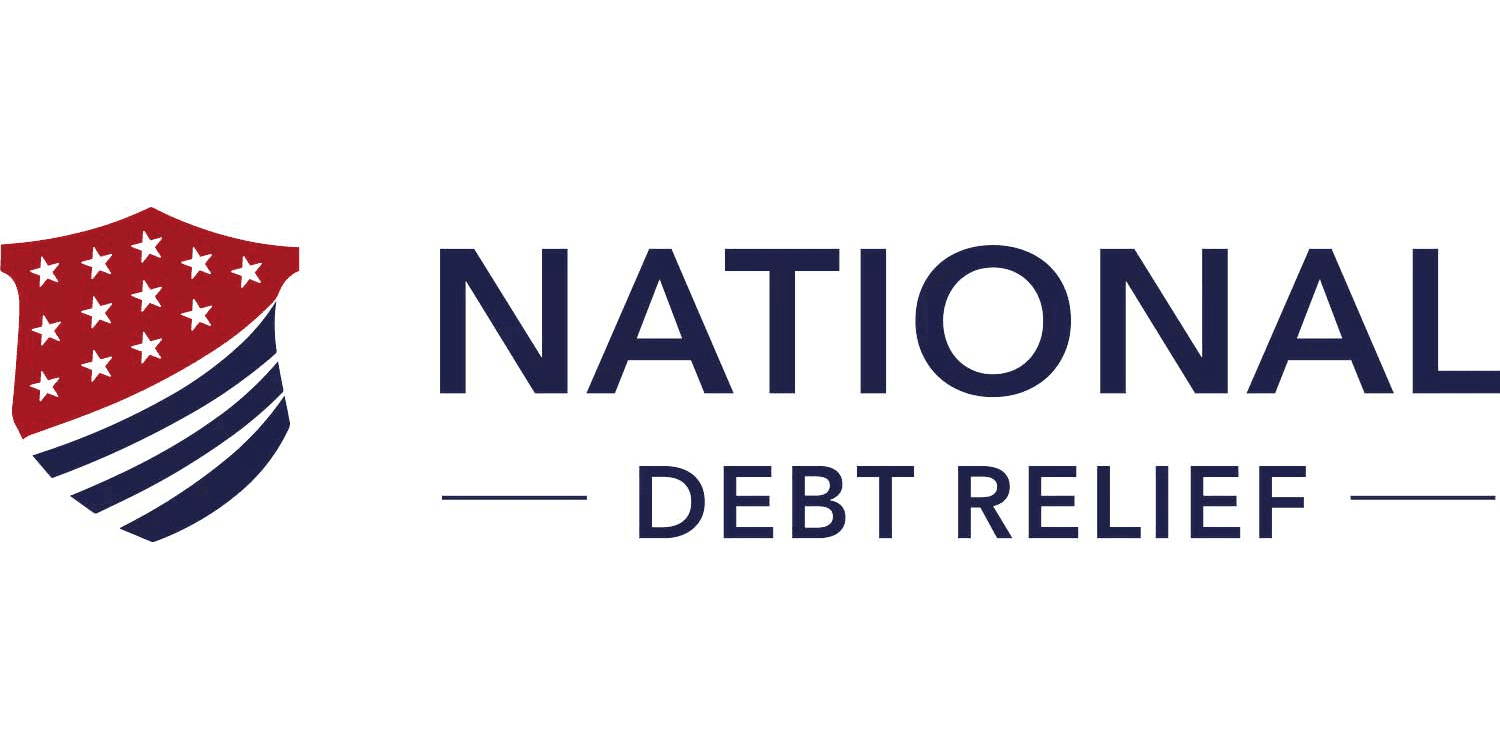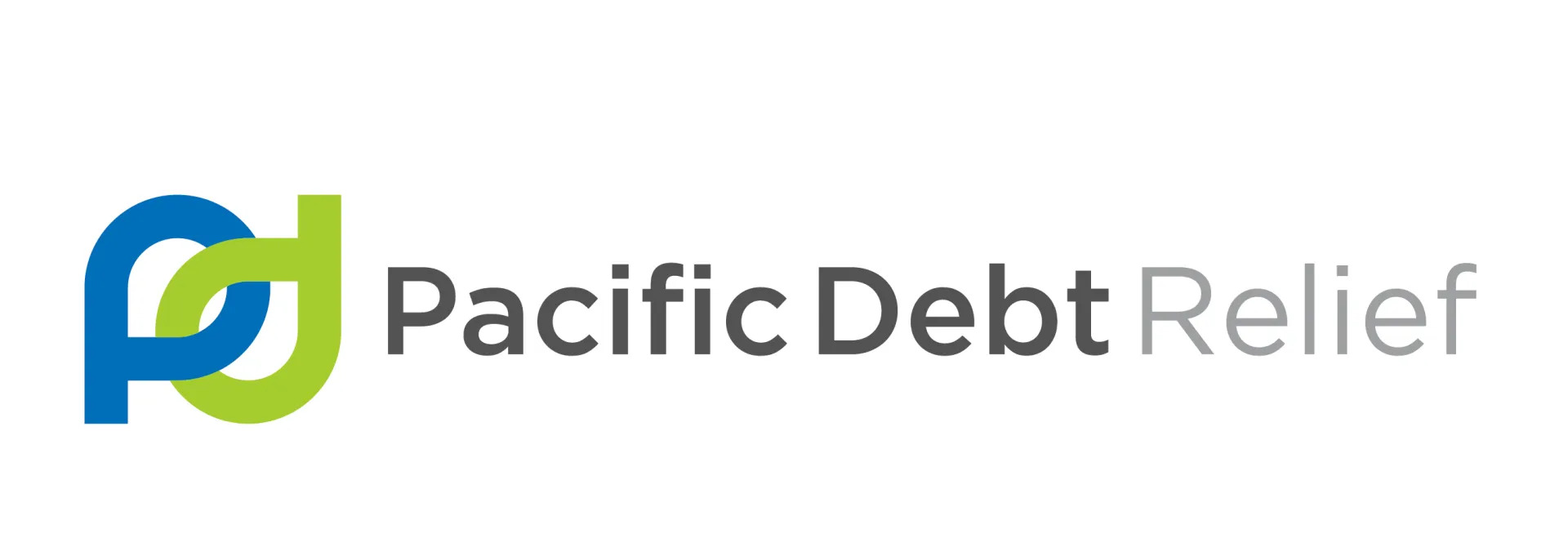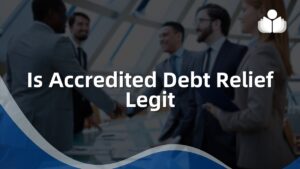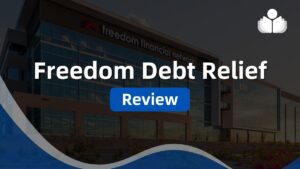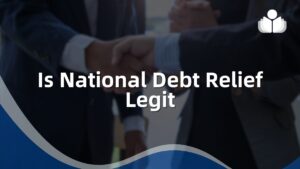If you’re having difficulty managing your debt and facing the possibility of default, a debt relief company might help. Debt relief can take various forms, including options you can pursue on your own, but a debt relief company can guide you through the process. Keep in mind, though, that their services come with a fee.
>> Best for People With Over $20,000 in Debt >>
What Are Debt Relief Companies?
Debt relief companies are for-profit organizations that assist you in managing and reducing your debts. Depending on the company and the services they provide, they may negotiate with creditors to help you settle your debt for less than the total amount owed.
Typically, these companies charge a significant percentage of the debt they help eliminate as their fee. Each company offers a range of services, with standard options including debt consolidation, debt settlement, credit counseling, and debt management.
>> Recommended for Unsecured Debts Above $20,000 >>
How Do Debt Relief Companies Work?
Debt relief companies help consumers reduce their debt or manage their repayments more effectively though these services come with a fee.
Most of these companies require an initial consultation to assess your eligibility and determine the best approach for your situation. However, it’s crucial to be well-informed about all your options before starting the process.
Often, debt relief companies may advise you to stop making payments on your debts to gain leverage in negotiations with your creditors to settle a portion of the debt. Afterward, they help create a plan to repay the remaining balance.
Remember that it’s illegal for debt settlement companies to charge upfront fees. These fees should only be collected once your debts have been settled or resolved. If any company guarantees it can settle your debt, consider that a red flag and take your business elsewhere, as this could indicate a scam.
Alternatively, you might seek advice from a debt relief company on managing your debts to avoid missed payments and pay them off more quickly. However, we recommend consulting a nonprofit credit counselor for such services, as they typically charge lower fees and won’t push additional services on you.
>> Fast & Easy Online Registration With 24/7 Assistance >>
Types of Debt Relief Programs
Debt relief might be a suitable option if you don’t see a realistic chance of repaying your unsecured debt (such as credit cards, medical bills, or personal loans) within five years, even after taking drastic measures to reduce your spending. It may also be worth considering if your total unsecured debt equals half or more of your gross income.
There are various forms of debt relief available to help you manage and pay off your debt, including debt consolidation, debt settlement, and bankruptcy.
How Debt Consolidation Works
Debt consolidation involves taking out a new loan or form of credit to pay off multiple existing debts. Typically, this new loan comes with a lower interest rate than the original debts, reducing your monthly payments.
Even borrowers who aren’t in financial trouble can benefit from debt consolidation. For instance, they might transfer existing credit card balances to a new card with little or no interest during an introductory period. Alternatively, they could take out a home equity loan to pay off credit card debt.
However, for borrowers deeply in debt, securing new credit with a favorable interest rate or getting approved can be challenging. In such cases, one option is to consult a reputable credit counseling agency, which can advise on available consolidation loans and suggest other alternatives.
Another option is to negotiate directly with your creditors. As the Consumer Financial Protection Bureau (CFPB) notes, “Some creditors might accept lower minimum monthly payments or adjust your due date because they prefer to receive smaller, consistent payments rather than risk receiving nothing at all.”
>> Free & No-Obligation Evaluation! >>
How Debt Settlement Works
Unlike debt consolidation, which rarely reduces the total amount you owe, the goal of debt settlement is to resolve your debts for a smaller amount, often as a single lump sum payment.
You can try negotiating with your creditors on your own, or you can hire a debt settlement company to assist with the process. However, be cautious, as this field is notorious for fraud, as highlighted by the Federal Trade Commission (FTC) in its warnings about debt relief and credit repair scams.
Even legitimate debt settlement companies come with fees and can significantly damage your credit score.
For example, in a debt settlement scenario, you might propose paying a creditor $7,500 to settle a $10,000 debt, either in a lump sum or in three installments of $2,500 each. It’s entirely up to the creditor to accept your offer, but they may do so if they believe the alternative is receiving nothing or enduring a lengthy process to recover their money.
Keep in mind that if the creditor reports to credit bureaus, the settled debt will remain on your credit report for seven years, which can negatively impact your ability to obtain credit in the future.
What to Look for in a Debt Relief Company?
When comparing debt relief companies, focus on three key factors: certification, fees, and repayment timeline.
- Certification: Ensure the debt relief company is accredited by the National Foundation for Credit Counseling (NFCC) or the Financial Counseling Association of America (FCAA). If the company lacks these certifications, it’s best to consider other options.
- Fees: Most debt relief companies charge a fee ranging from 15% to 25% of the total debt enrolled in the settlement program. Some companies may charge fees for setting up and managing the savings account required for payments.
- Repayment Timeline: Completing a debt settlement program typically takes between two to four years, depending on the total debt and the number of creditors involved. Be sure to check the company’s website to confirm that the estimated timeline aligns with your needs.
>> Certified Debt Consultants Available >>
Best Debt Relief Companies
Freedom Debt Relief assists with various types of unsecured debts, including payday loans and private student loans. However, their services can be costly, as they charge a percentage fee based on your original debt amount rather than the settled debt. Despite this, the company offers a “program guarantee” that can limit fees in certain circumstances.
They provide a free consultation to review your financial situation. Although there are no upfront fees, you’ll need to open a savings account with a third party. Freedom Debt Relief is transparent about the costs associated with this account: a one-time setup fee of $9.95 and a monthly charge of $9.95.
While this is higher than what banks typically offer for free savings accounts, it’s not uncommon among top debt relief companies.
>> More Than $18 Billion in Debt Resolved >>
If you’re overwhelmed by substantial debt, National Debt Relief is a reputable company that can help find financial relief. Since 2009, they’ve helped over 600,000 clients eliminate debts of up to $100,000 or more.
National Debt Relief offers tailored plans to fit your specific needs, with a goal of helping you regain financial stability within 24 to 48 months. The company specializes in negotiating with creditors to reduce high-interest debt balances. Their service fees range from 15% to 25% of the enrolled debt, and they offer a money-back guarantee.
>> Helping People Overcome Debt Since 2009 >>
Pacific Debt Relief charges settlement fees between 15% and 25% of the settled debt, similar to top-rated debt settlement options, though their overall rating is slightly lower. While their website mentions fees based on total enrolled debt, a company representative clarified that the fees are actually based on the settled debt amount, which could be more affordable.
Pacific Debt Relief has earned a strong reputation based on online customer reviews. Nearly 1,500 customers have rated them an average of 4.7 out of 5 stars, and their Better Business Bureau (BBB) rating is even higher, at 4.93 out of 5 stars, based on a similar number of reviews.
>> Over $500 Million in Debt Settled Since 2002 >>
What is Debt Relief? – Frequently Asked Questions
The Bottom Line
Debt relief could be a viable option for those at risk of default or bankruptcy. However, it’s crucial to vet the company to avoid red flags such as upfront fees or guarantees of settlement.
Remember that using debt relief services can inherently affect your credit score. If you ask the company to negotiate a debt settlement, your credit score will likely drop once you stop making payments, regardless of whether the creditor agrees to the settlement.
 Sections of this topic
Sections of this topic
